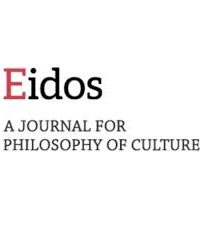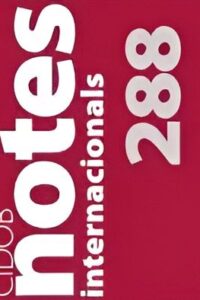Using data from questionnaires administered to 487 health care providers from 45 health centers in the Far North Region of Cameroon, this paper explores the views of health care providers on the teaching of home languages1 in medical schools as a way of limiting communication barriers between health care providers and patients who are not proficient in the official language(s). The work is discussed in the light of Postcolonial Linguistics (Warnke, 2017; Makoni et al., 2023) and the data are analysed both quantitatively and qualitatively. The findings show that although the majority of healthcare providers (74%) have positive views of home language teaching in medical schools, a smaller proportion (26%) have negative views of home language teaching in such institutions. Positive views are justified by the fact that teaching these languages will facilitate communication between healthcare providers and patients who do not speak official languages (French and English), strengthen trust between patients and healthcare providers and improve the performance and quality of healthcare provided by healthcare providers, contribute to the preservation of native languages, diversify healthcare providers’ knowledge of native languages and strengthen national integration, and limit the presence of intermediaries in the interaction between patients and healthcare providers and contribute to the preservation of medical confidentiality. Negative views are based on the difficulties of teaching the more than 200 Cameroon home languages, the heavy workload of medical students, the possibility for health care providers to learn home languages informally in the community where they work, the need to limit home language teaching to primary, secondary and high schools, and the non-availability of didactic materials for teaching Cameroonian home languages. The paper argues for the empowerment of home languages in the medical domain in Cameroon in general and for their teaching in medical schools in particular.
Healthcare Providers’ Views on the Teaching of Home Languages in Medical Schools in Cameroon as a Means of Overcoming Language Barriers Between Health Care Providers and Patients Who Do not Speak Official Language(s)
Torn Between Sociolinguistic Reality, Pedagogic Necessity and Language Policy


